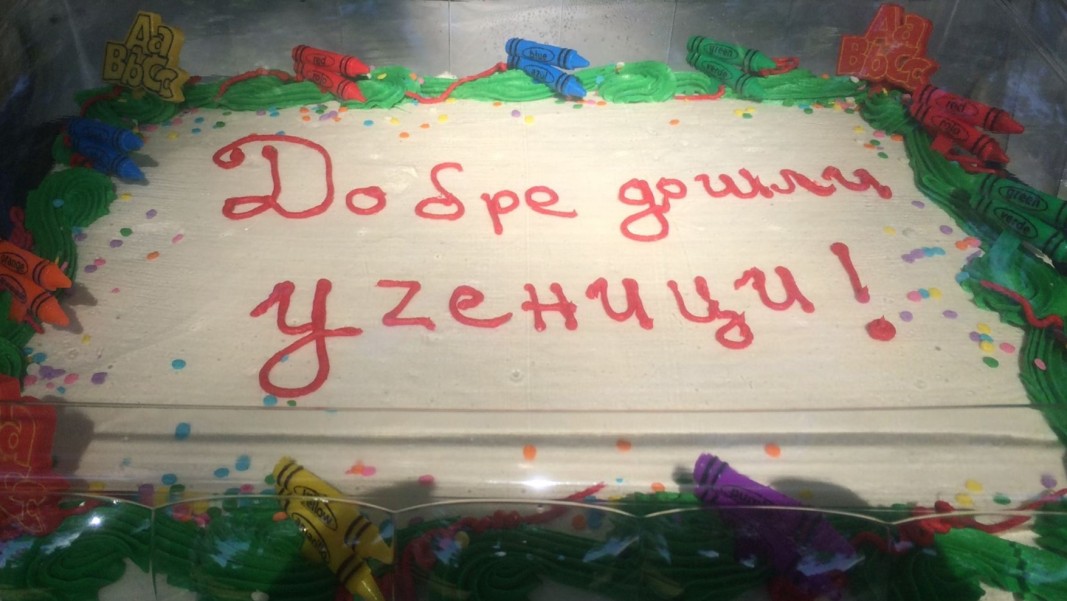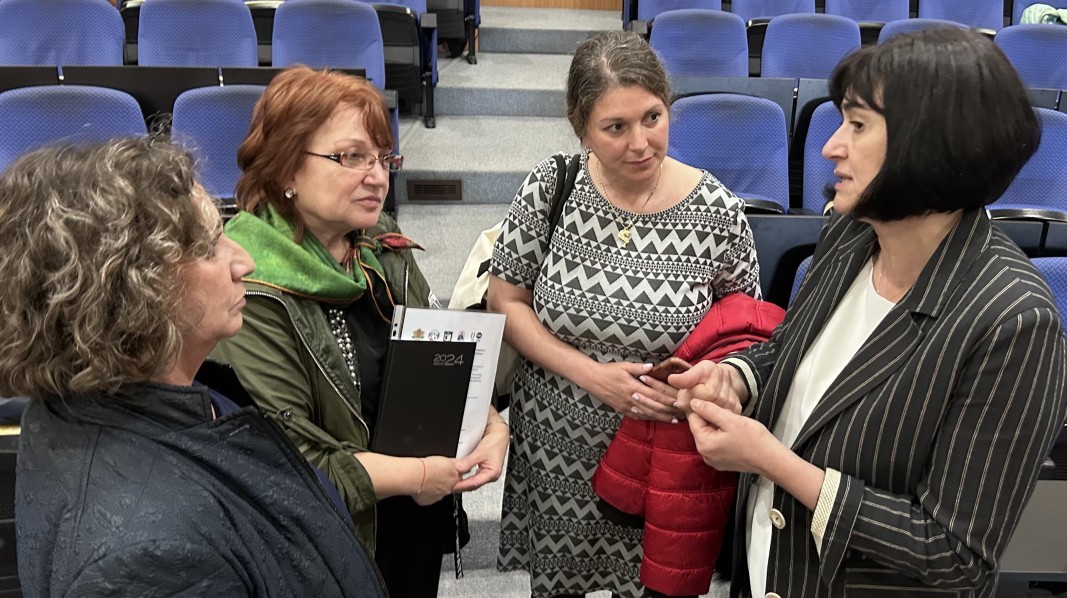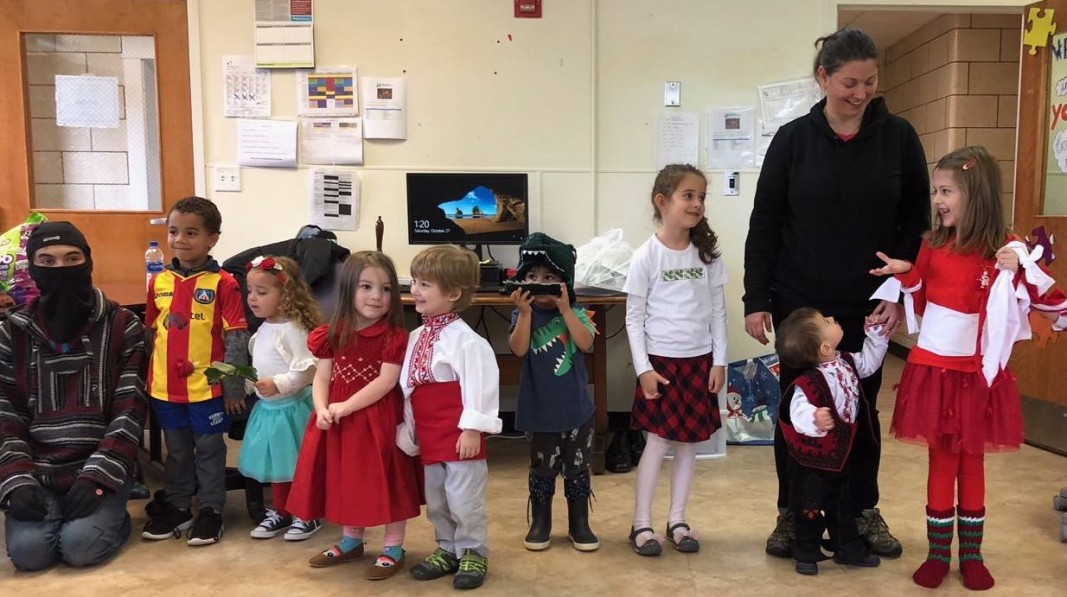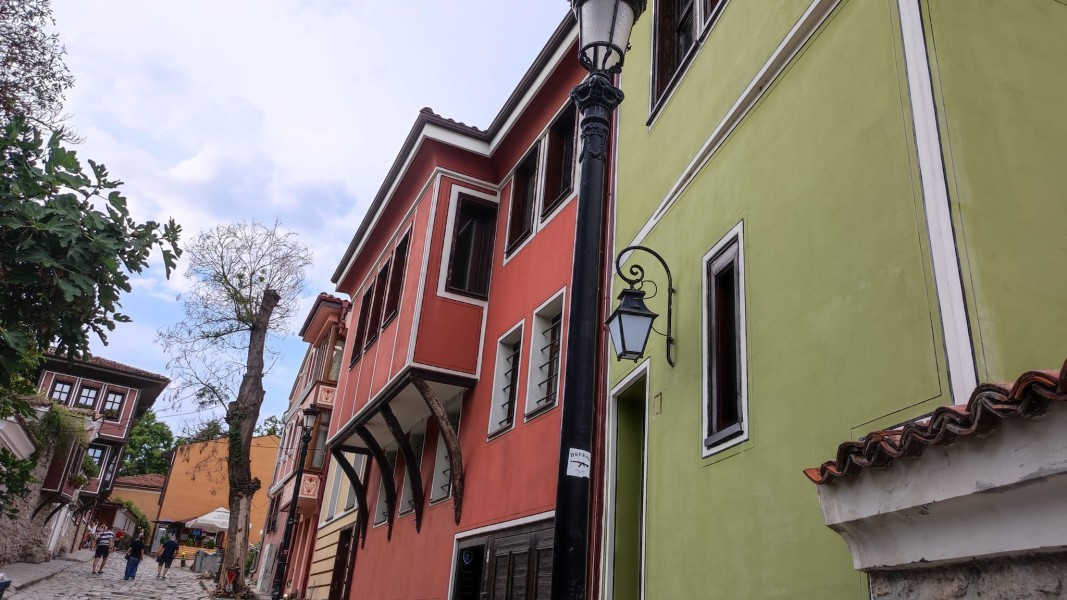



More than 35% of people in this country support the idea of a full annulment of the 27 October early election for parliament , indicates a national survey financed and carried out jointly by bTV and Market Links sociological agency. 26% of the..
The youngest grandmother in Bulgaria is just 28, Dr. Antonio Dushepeev, head of the maternity ward at the University General Hospital in Burgas said for the BNR. 149 underage girls gave birth at the hospital last year alone, the youngest of whom was..
The Council of Ministers has approved the draft of a donation agreement between the World Health Organization and Bulgaria on the provision of a voluntary contribution, amounting to EUR 100,000, in support of the activities of the organization in the..
The MPs failed to elect a speaker also at their fourth attempt . Of the four candidates, Raya Nazaryan, nominated by GERB - SDS, and Silvi Kirilov -..
Bulgaria has become the first in the EU to have a high-tech artificial intelligence in its own language , created by a state-funded scientific..
A cold front will pass through the country overnight and tomorrow from the northwest . Rain will fall in many places in the western regions and the Danube..

+359 2 9336 661
